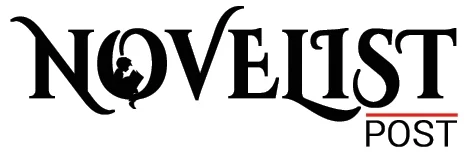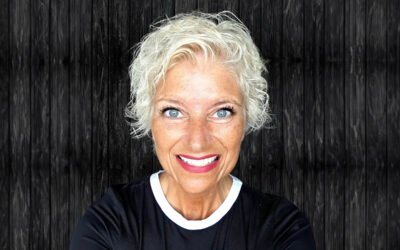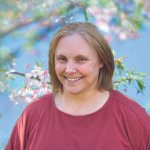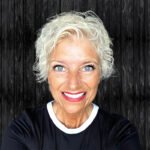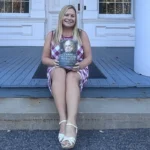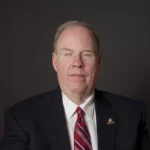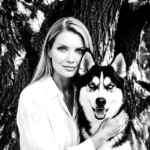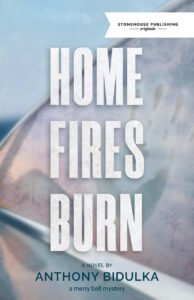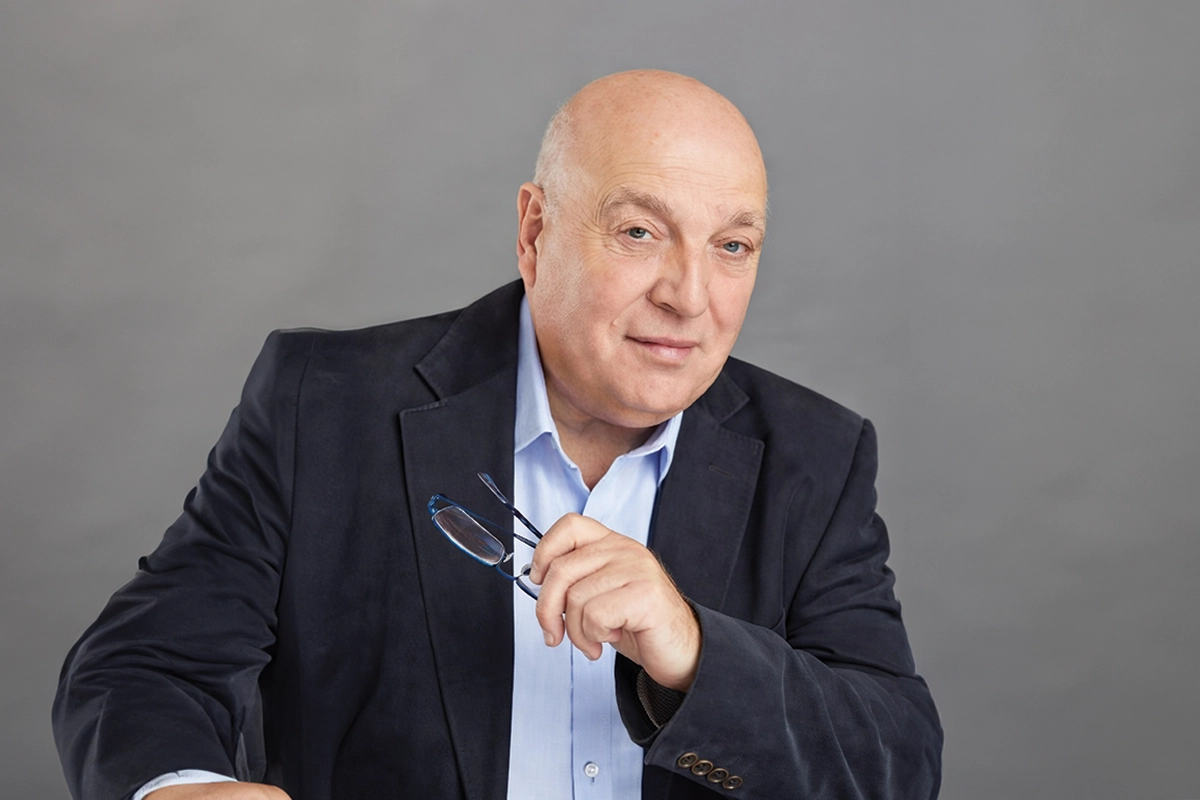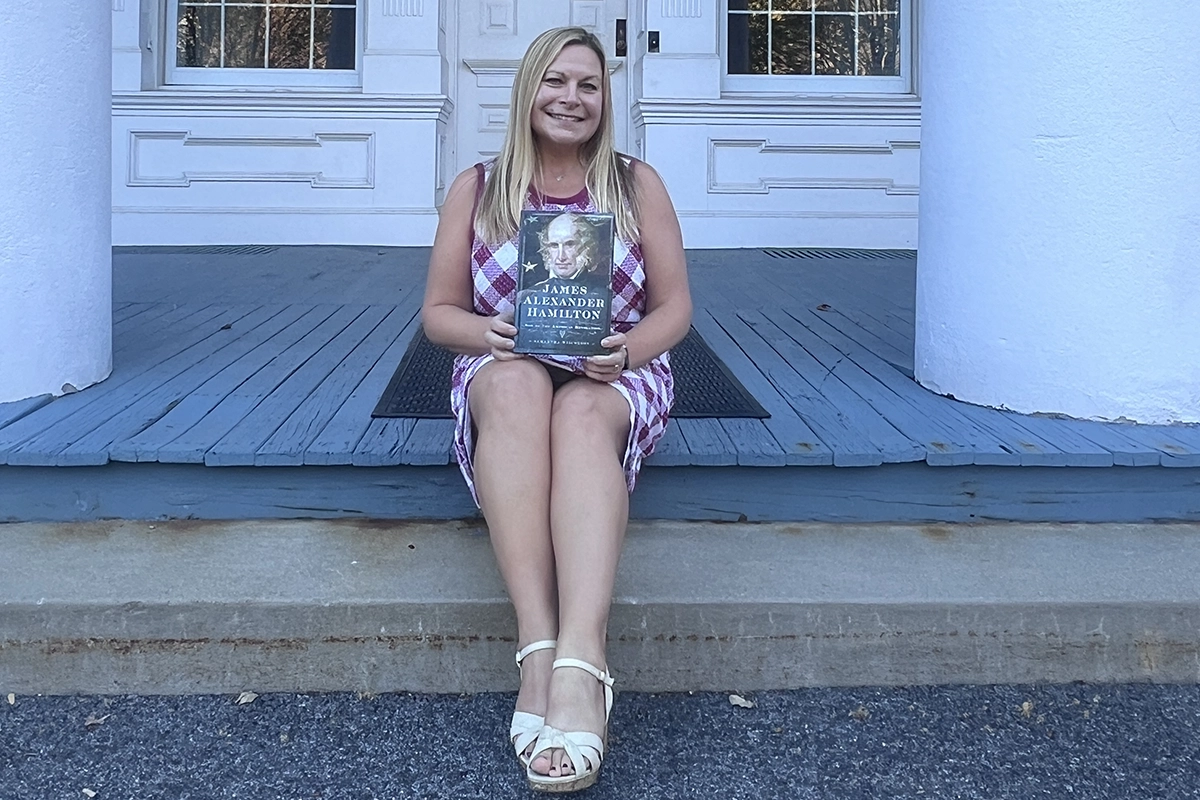Anthony Bidulka Reflects on Crafting Stories of Diversity and Connection

PHOTO: Anthony Bidulka, award-winning author whose work celebrates diversity while captivating readers with humor and suspense. Credit: David Stobbe
Award-Winning Author Telling Unique Stories With Heart, Humor, And Mystery
Anthony Bidulka illuminates rural life, identity, and resilience through his award-winning crime fiction, featuring diverse characters and gripping mysteries that challenge conventions while reflecting his philanthropic philosophy and deep personal passion.
Anthony Bidulka’s literary journey is one forged with passion, introspection, and a deep connection to the human experience. From the wide-open, picturesque prairies of Saskatchewan to the layered complexities of diverse, underrepresented characters, his work explores themes of identity, belonging, and resilience. Bidulka’s stories are rooted in tradition but branch into fresh, uncharted territories, challenging the norms of genre fiction while staying grounded in powerful, accessible storytelling.
With accolades such as the Crime Writers of Canada Award of Excellence and the Lambda Literary Award, Bidulka has solidified his place as an influential voice in contemporary crime fiction. Yet his work goes far beyond plots and puzzles. Novels such as Going to Beautiful provide windows into lives and locations often overlooked, casting light on what it means to live authentically while wrestling with profound loss, self-discovery, and human connection. His ability to balance humor, tenderness, and thrilling suspense is a testament to his gift as a storyteller and his commitment to creating nuanced, richly human tales.
Anthony Bidulka’s writing serves as both an escape and a call to reflect—to see the world and ourselves more completely. Whether through the first-of-its-kind adventures of his transgender private investigator Merry Bell or the culturally resonant narratives of his standalone novels, Bidulka challenges readers to expand their view of what is possible in literature and in life. His stories do more than entertain; they amplify voices, touch hearts, and remind us all of the extraordinary within the ordinary.
Bidulka is a masterful storyteller blending humor, suspense, and authenticity, amplifying underrepresented voices while redefining the boundaries of crime fiction.
What inspired you to leave your career as a professional accountant to pursue writing full-time?
Writing has been a passion of mine for as long as I can remember. Growing up on a farm in rural Saskatchewan I had no role models, I didn’t know a single writer, writing was more a dream than career option. I went on to receive three degrees from the University of Saskatchewan. After earning my Certified Professional Accountant (CPA) designation I moved on to a career as a corporate auditor with the firm of Ernst & Young. I was ten years into that career and reaching one of those milestone ages, when it struck me that if I was ever to take a chance to pursue my passion and try my hand at writing, this was the time. I had a good career to fall back on and a supportive spouse and family. These were my safety nets. So I leapt. I left my job at E&Y and delved fulltime into writing. That was twenty-five years ago. Fortunately, things turned out for me.
How did your Saskatchewan roots influence the settings and themes of your novels?
Inspecting my body of work it’s easy to see my rural Saskatchewan roots significantly influencing my writing. Growing up when and where I did, there wasn’t a great deal of opportunity to know the world and figure out if there was a place in it for someone like me. Life was small and restrictive yet bucolic and beautiful and I struggled between wanting to never leave and knowing I needed to. That struggle and tension, along with plenty of love and appreciation for the prairie life, are evident in most of my books.
What inspired Russell Quant’s character, and why did you choose to make him a private detective?
Being very aware that I was entering into a very competitive career path, I thought a lot about how to distinguish myself amongst the multitude of writers I saw represented on the shelves of libraries and bookstores. I was also coming to an awareness that with the privilege of being a writer comes an opportunity to present to the world something worthwhile and important. I was just coming to define myself as a writer and why I wanted to write. It took me a while, but today I know my WHY. It is this: I write to tell stories of underrepresented people and underrepresented places in a way that is accessible and, hopefully, entertaining. Russell Quant answered that WHY perfectly.
Could you share any behind-the-scenes challenges you faced while writing your award-winning book “Going to Beautiful”?
An unexpected challenge was responding to an editor’s concern regarding a scene that involved a murder in a religious, educational, Saskatchewan setting. It was an apt concern because at the time the news was full of stories relating to the discovery of unmarked gravesites at residential schools. Although my story had no relation to these horrific events, my editor rightly pointed out that we needed to consider changing the scene, removing it altogether or directly addressing the issue in the story. We chose the latter.
What do you think makes the Merry Bell series unique among contemporary crime mysteries?
As far as the Canadian crime writing genre goes, I believe Merry Bell is the first and only kick-butt, transgender PI hanging out her shingle in a small prairie city. A recent book reviewer said: “These books aren’t just about a case or a mystery to be solved, they are explorations into human beings and relationships…”. I think this too speaks to what is special about the Merry Bell series.
“I write to tell stories of underrepresented people and places in a way that is accessible and entertaining.” – Anthony Bidulka
How do you approach writing diverse and underrepresented characters with authenticity and relatability?
I take this very seriously. The key, I feel, is taking the time to ensure that I can represent these characters with as much awareness, understanding, and respect as possible. My process is not just creating characters, it’s writing about people. If I don’t feel confident about a specific character, I put in the work until I do, or conclude that I don’t (at least not yet) and do not proceed.
What was your reaction to being the first Canadian to win the Lambda Literary Award for Best Men’s Mystery?
Aside from yipping and hollering like I was the first person to land on the moon? I was surprised, grateful, humbled and excited all at the same time, especially to have it happen so early in my career (my second book). Winning an award is personally rewarding, but I knew even then, as I do now, that it also comes with opportunity. The opportunity arises with increased exposure and public awareness of your work. Especially for a writer like me, writing the books I do, there is unmatched opportunity to serve my WHY, to expand the representation of the people and places I feel are currently underrepresented in crime fiction.
“Find your why, then find your way.” – Anthony Bidulka
How do you balance humor, tenderness, and suspense in your mystery novels?
Perhaps one of my weaknesses as a crime writer is that I am often waylaid by the human stories I wish to tell. I write mysteries. Without balance, you risk losing the interest of readers who come to your work for that specific reason. To keep myself in check, at the beginning of each project I create two outlines. One focuses on the crime and “whodunit,” the other on character arcs. In combining the two I find the balance that serves both.
Can you describe how your philanthropic efforts and community work have impacted your writing or storytelling?
From my perspective, philanthropy, community and volunteer work, all of it is undertaken with similar, parallel goals: the hope that what you contribute might help to make the world a little better than how you found it. In a way, my books are mirrors of this philosophy, presenting a fictional world that is perhaps a little better than it really is, as an inspiration for how it can be.
What advice would you give to aspiring authors who want to explore unconventional or underrepresented narratives in their work?
The first thing I suggest any writer do is ask themselves one question: Why do I write? Believe me, the question is not easy to answer, and the answer can change as we grow and develop. Do you want to entertain? Educate? Convince? Challenge? Armed with your answer, one you can stand by and believe in, will help you immensely as you build a career, transform ideas into written words and convince others to read them. If your why encompasses exploring unconventional and underrepresented narratives, then ask yourself the next questions: Why you? Why are you the best person to tell these stories? What contribution can you make?
Find your why, then find your way.
EDITOR’S NOTRE
Anthony Bidulka’s Home Fires Burn masterfully blends gripping mystery, emotional depth, and poignant themes of identity and family. Merry Bell’s investigation into a chilling death uncovers hidden truths while confronting her own past. A compelling finale to the trilogy, Bidulka delivers suspense and heart in equal measure. Highly recommended for crime fans!
